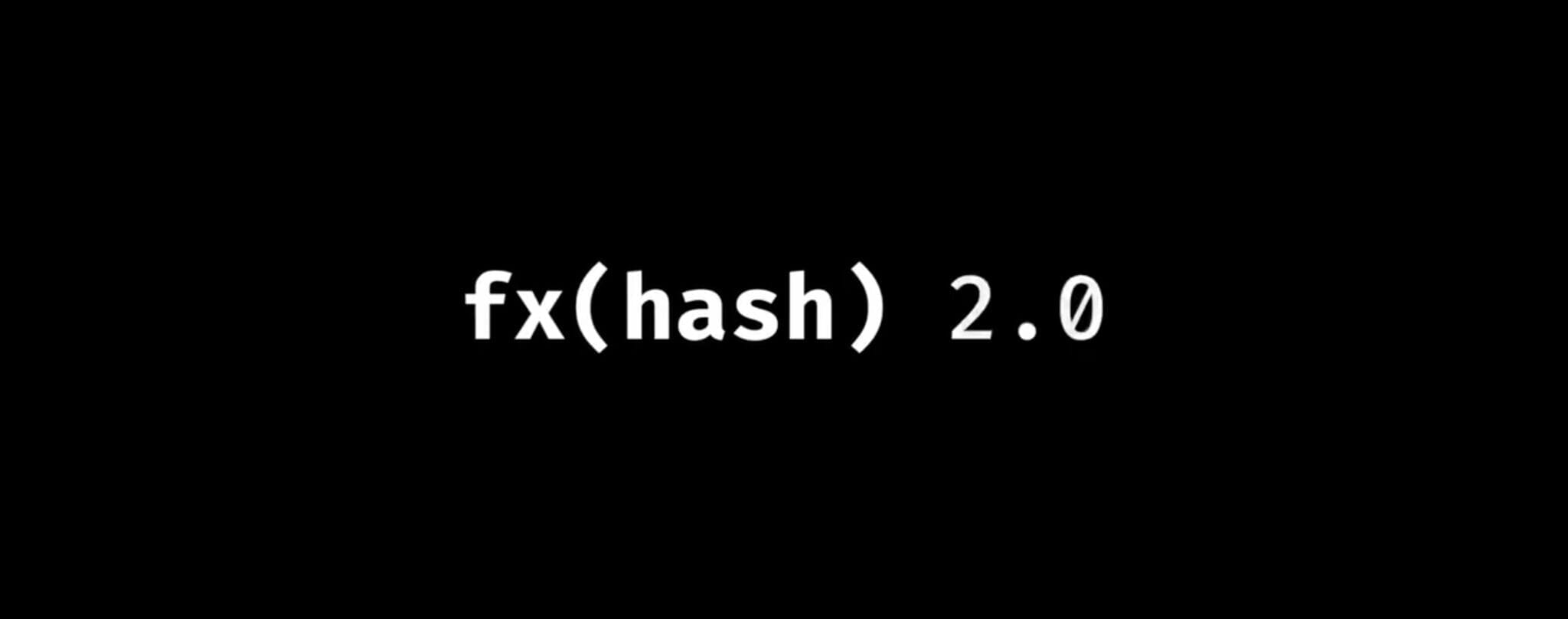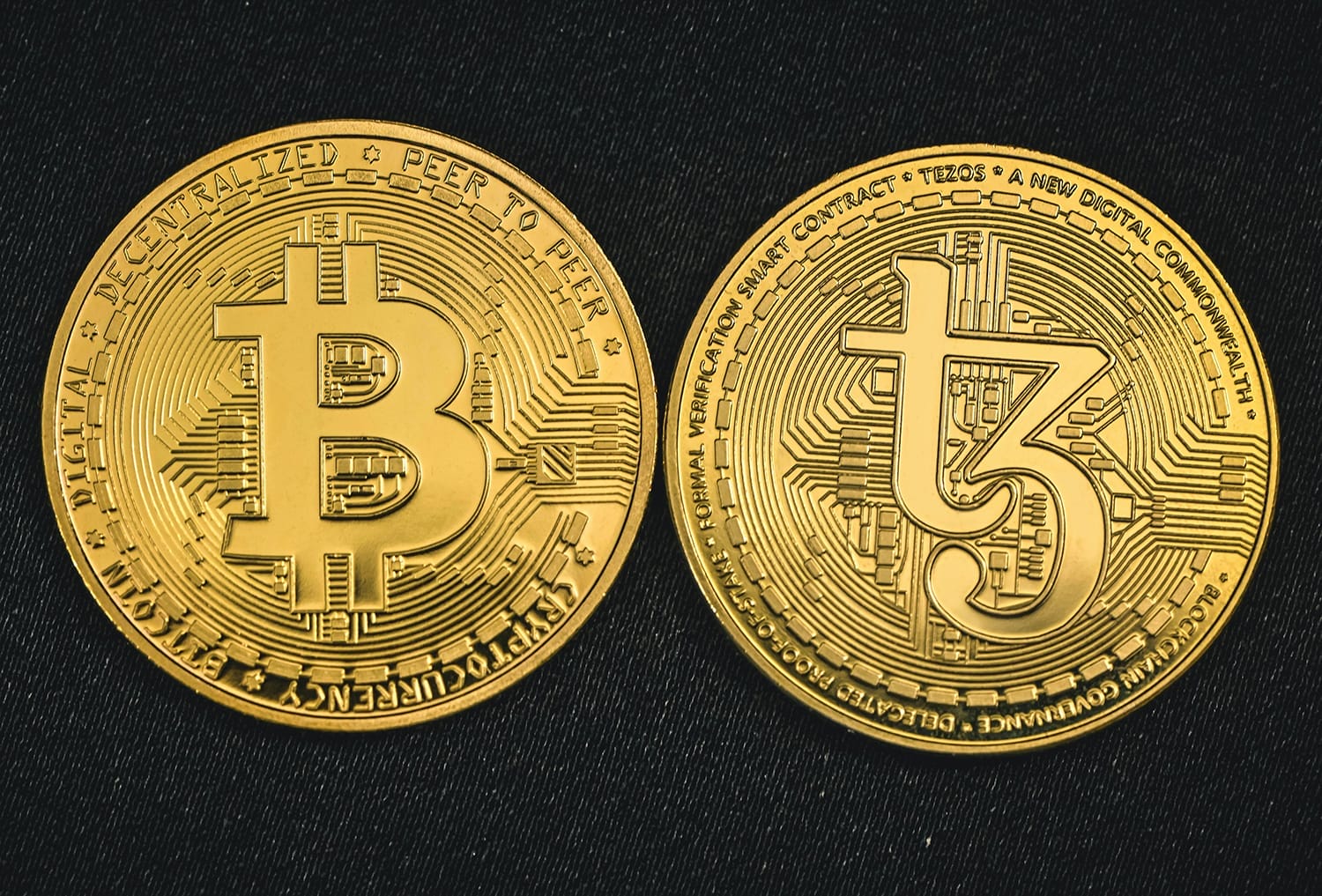The Passport For Connected Car Solution (PCC)
The Passport for Connected Car (PCC) solution has been announced. The project is a result of a collaborative effort between IRT SystemX, Tezos Foundation, Eniblock and a consortium of leading automotive actors.
Partners include: Eniblock, The Tezos Foundation, SystemX, Stellantis, Mobivia, Matmut, Societe Generale, Inter Mutuelles Assistance, Crédit Agricole Assurances, Covea and others.
According to Eniblock, the PCC project is ‘…a revolutionary solution that puts vehicle owners in control of their data while ensuring compliance with #GDPR regulations.
Using blockchain technology, PCC provides a secure and transparent platform for managing data, ensuring the privacy and sovereignty of vehicle owners.
The platform enables efficient and equitable distribution of value through the use of blockchain tokens, creating new opportunities for predictive maintenance and pay-as-you-drive insurance.”
Back in February 2022, XTZ News first reported on the project, highlighting how potential of such technology could transform the estimated $2.8 trillion car and automobile industry in the way vehicles operate and are tracked.
It was also stated how the project had the potential to transform how the global car insurance market operates, which is estimated to be worth $1.06 trillion by 2027.
Central to the project is a decentralized Autonomous Organiation (DAO), as Eniblock explains:
“PCC enables the automotive sector to become a significant contributor to the digital ecosystem by providing a trusted and secure data exchange platform.
This is made possible through the integration of a Decentralized Autonomous Organization (#DAO) that governs data access and usage.
The DAO ensures that all stakeholders, including manufacturers, insurers, and service providers, comply with agreed-upon rules and regulations, fostering trust and transparency in the ecosystem.”
Such a project has many strong use cases in the automobile industry.
One such example is that the data will be visible in an application, and this digital file will change ownership when the vehicle is resold.
If the collection will rely above all on the manufacturers and the maintenance networks, the insurers, themselves, will be rather consumers of the data.
Everyone will therefore draw, for a fee, from the available data. Hence the idea of a multi-stakeholder and decentralized platform.
Insurers are not the only players likely to be interested. For example, manufacturers today have no visibility on repairs that are not carried out in their network.
Dealerships need this information for the repossession of a vehicle, and even the authorities are concerned, in the event of mileage fraud or a wreckage in circulation.
Using the Tezos blockchain for this connected car project has several benefits.
It can provide a secure and transparent way to store and share important information about the vehicle, reducing the risk of fraud and improving transparency.
Additionally, it could streamline processes such as vehicle registration and maintenance, reducing paperwork and administrative costs.
Finally, it could help to create a more sustainable transportation system by providing information about the vehicle’s emissions and fuel efficiency, encouraging more environmentally-friendly driving practices.
Disclaimer
Not Financial Advice: No content on this website constitutes investment, financial, legal, or tax advice. Users should not construe any such information as a recommendation to buy, sell, or hold any investment or security or to pursue any particular investment strategy.
Read our full disclaimer here.





